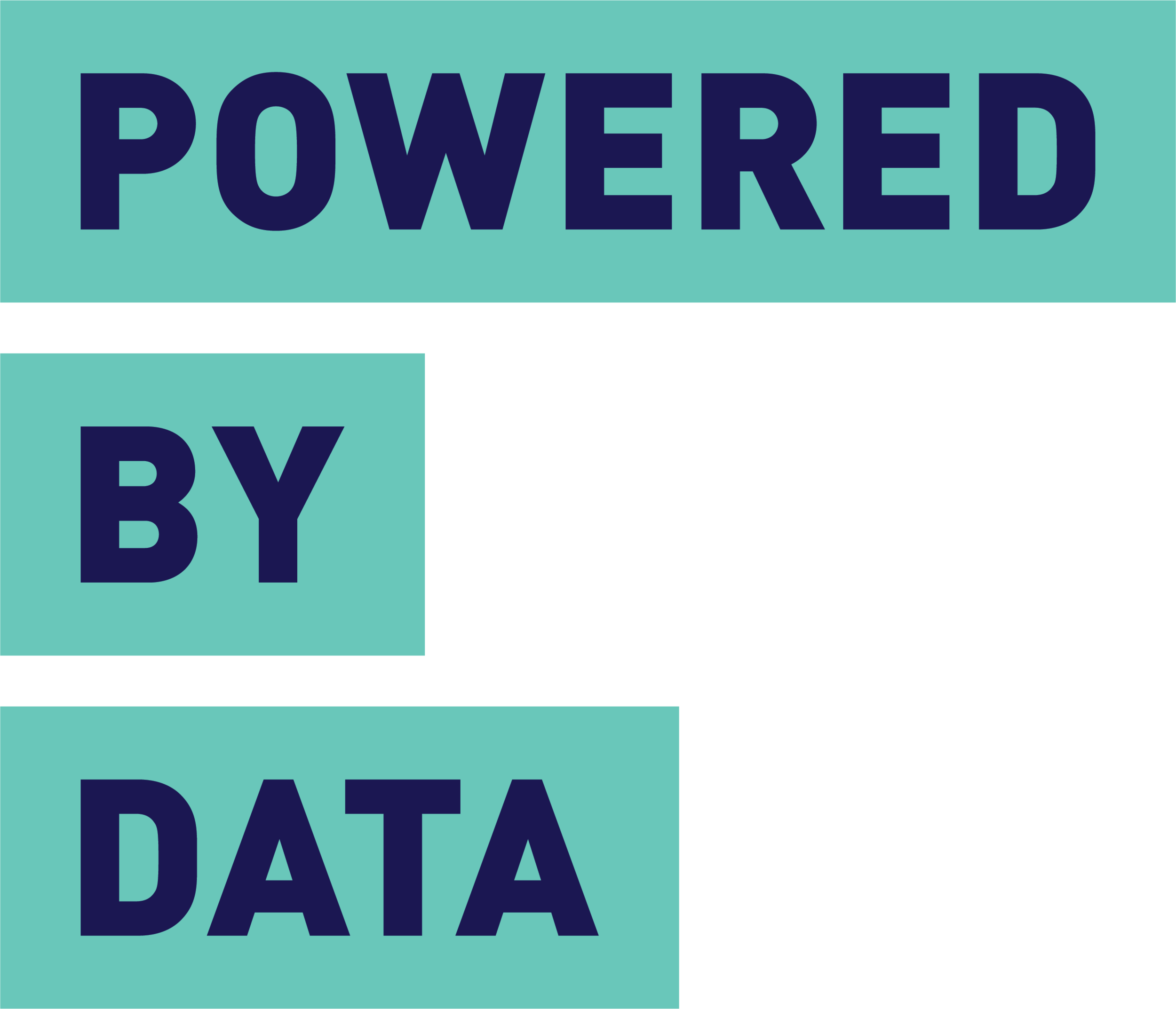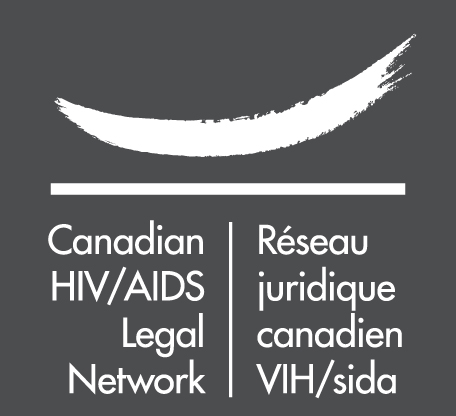Data for human rights advocacy: Talking data with the Canadian HIV/AIDS Legal Network
This piece is part of our series on the administrative data needs of Canadian advocacy groups and nonprofit service providers. For more on our work to create a policy agenda on administrative data-sharing in collaboration with a Canadian civil society coalition, visit our project page.
The Canadian HIV/AIDS Legal Network (the Legal Network) is a nonprofit advocacy group working on legal and human rights issues related to HIV. They are one of the organizations helping Powered by Data better understand how administrative data could inform policy advocacy in the Canadian context. We spoke to Nicholas Caivano, one of the Legal Network’s Policy Analysts, about how greater access to government records could help support the organization’s ongoing advocacy around issues related to HIV criminalization, harm reduction in prisons, and sex worker safety.
Data on criminal prosecutions related to HIV non-disclosure
In Canada, there are no HIV-specific offences listed in the Criminal Code; as such, prosecutors have most often relied on the charge of aggravated sexual assault for HIV-related charges. Aggravated sexual assault is an extremely severe offence that carries a maximum punishment of life imprisonment, and many HIV/AIDS advocates believe it is being used inappropriately to prosecute those living with HIV.
The Legal Network has been researching the state of HIV criminalization in Canada. Because it is not possible to access disaggregated data on aggravated sexual assault offences (i.e. specific cases on HIV criminalization) from the federal government, tracking HIV non-disclosure prosecutions has required the organization to collect data from across a variety of sources: legal document databases, human rights organizations, cases in the media, and lawyers in their own network. From there, they can track demographic trends about non-disclosure prosecutions; such as the growing overrepresentation of black men, gay men, and Indigenous women among those charged.
Because the federal government is already conducting research on this issue, Caivano speculates that they may have disaggregated data on aggravated sexual assault charges, including data on charges related to HIV non-disclosure. While these government data could be an incredible support to organizations advocating for those living with HIV, they are not currently made available to advocacy organizations.
Evidence-based harm reduction: illustrating the urgent need for naloxone in prisons
Canada’s current opioid crisis is particularly pronounced for people in prisons due to both the criminalization of opioid use and the significant lack of harm reduction services in prisons. Caivano discussed how data on drug overdoses in Canadian prisons—including the number of people dying as a result of overdoses—could help illustrate the urgent need for life-saving naloxone and opioid substitution therapies for those incarcerated. This information should already be tracked by medical staff in administrative records.
People in prison also have higher incidence rates of HIV and Hepatitis C (HVC), due in part to a lack of access to safe injection equipment, as well as barriers to accessing health services in prison. Denying access to health services is a violation of human rights. Data on the rate of HIV/HPC in prisons, on the costs of treatment in prison systems, and on current government spending on addressing this crisis, could all help support the call for increased harm reduction measures. The Legal Network has previously tried to obtain this information via Access to Information (ATI) requests, but without success.
Understanding the harm caused by police interactions with sex workers
The Legal Network also does advocacy work around sex workers’ health and safety. In Canada, government has a tendency to conflate sex work with sex trafficking, although this is usually not the case. This has resulted in police campaigns such as “Northern Spotlight”, which attempt to address human trafficking by investigating people they believe are “at risk”—primarily, sex workers. Investigations are often invasive and traumatic for sex workers, and many advocacy organizations believe they are causing much more harm than good.
Caivano spoke to us about how data on law enforcement interactions with sex workers could help illustrate the degree to which Northern Spotlight and analogous investigations are causing harm. The organization would like to be able to access data on the number of police contacts with sex workers, the location and nature of these contacts, and how many of these contacts actually resulted in charges of human trafficking—rather than unrelated charges like drug possession or sex-work related criminal charges. There’s also the possibility that racialized sex workers are disproportionately targeted by such operations. Racial identity data—if already collected and tracked by police—could help shed light on this.
Data can help make the case for change
Further research is required with respect to the specific data-sharing policies and practices that would enable access to the kind of data that Caivano discussed—but a clear theme emerged from our conversation. Data can be a powerful advocacy tool because it can help illustrate the severity of systemic inequities and marginalization, and the degree to which specific groups are being impacted or harmed. We’re grateful to be collaborating with organizations like the Legal Network to understand how increased access to government administrative data could support advocacy around human rights and those living at the margins in Canada. You can learn more about the organization at: http://www.aidslaw.ca/

